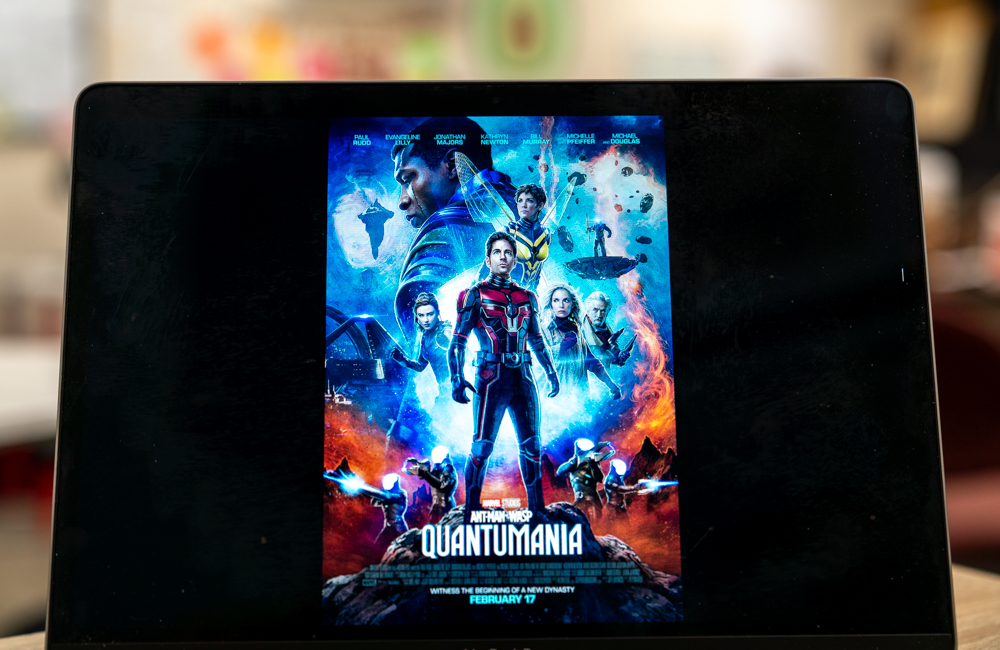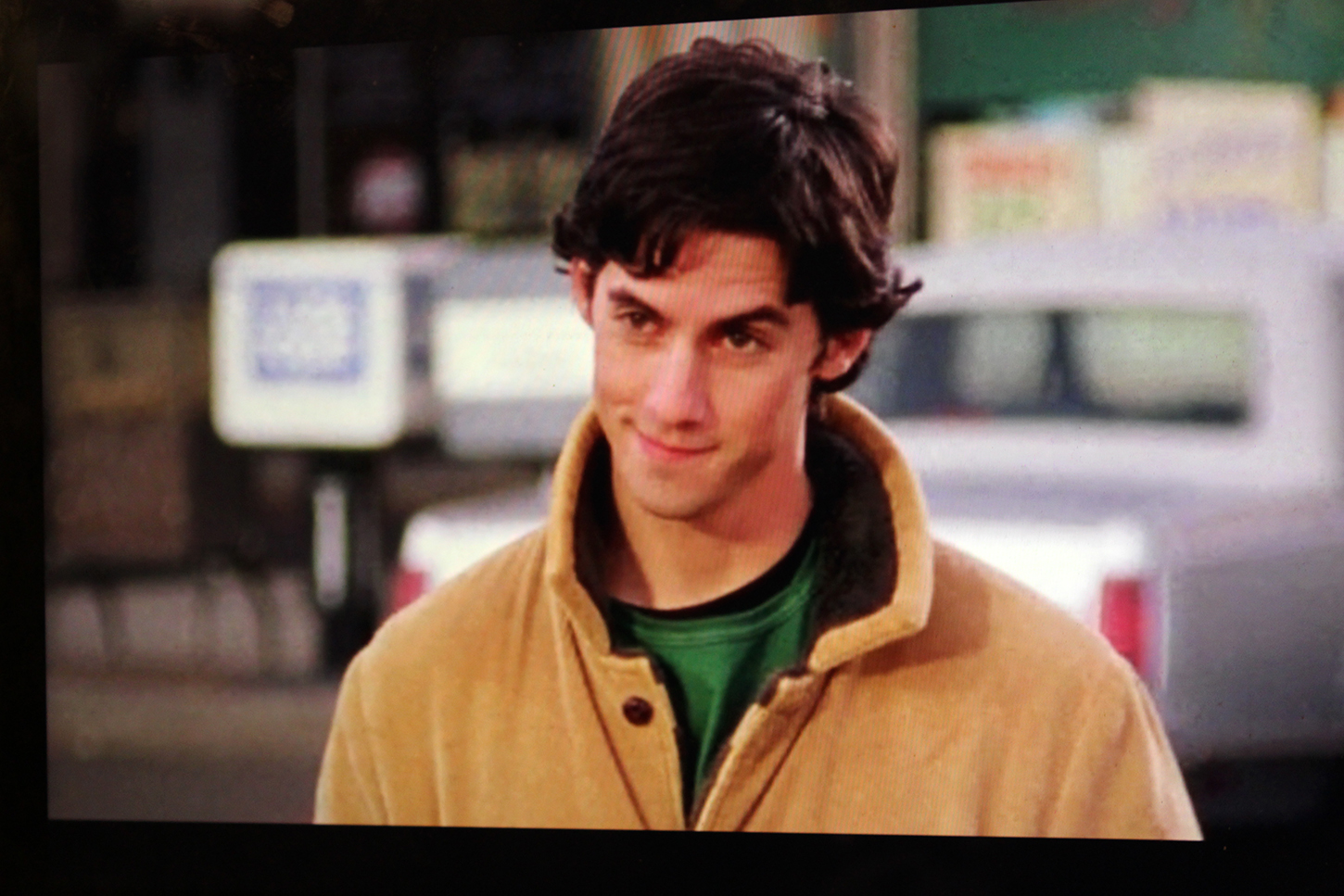The opening sequence of The Deep Blue Sea perfectly encapsulates what is both good and frustrating about Terence Davies’s post-World War II drama. A graceful, fluid camera follows the event and aftermath surrounding Hester Collyner’s (Rachel Weisz) attempted suicide. The action, however, is dominated not by the recognition of Hester’s suffering, but by an overwrought and distracting classical score. Though the film is often aesthetically pleasing, it lacks a defining sense of humanity and admiration for the characters involved.
The story focuses on Hester’s involvement in a romantic triangle. Her husband, William Collyner (Simon Russell Beale), is in love with Hester, but their marriage lacks passion and excitement, prompting her to start an affair with Freddie Page (Tom Hiddleston), a former Royal Air Force pilot. Though this new affair provides the sexual and emotional fulfillment, Freddie is unable or unwilling to lend her a level of stability that her previous relationship offered.
Signs of PTSD from Freddie’s stint in the war are implied, but never openly discussed in the film, perhaps a strategic display of the era’s social naiveté regarding mental illness affecting war veterans. However, Freddie seems more of a caricature, and his moral and emotional shallowness prevented him from inspiring much sympathy for either him or Hester for falling in love with him.
To be fair, Davies is set up with a difficult situation. In order to generate sympathy for the characters, particularly Hester, the milieu of spiritual emptiness and resignation dominating the film has to be managed with enough emotional depth to keep the characters interesting. Unfortunately, the film never quite harmonizes these two critical aspects. There is little chemistry between Weisz and either of her two male counterparts, which is made only more uncomfortable by poor casting decisions. Hester’s husband looks to be about 30 years her senior, while Freddie, portrayed as a young man just out of the army, could easily be her contemporary.
The film also seemed unorganized and too manipulative. The constant flashbacks to WWII and Hester’s previous life before the suicide attempt were probably intended to instill her sense of misplacement on the viewer, but these events were delivered without much purpose or necessity, and quickly became a distraction and irritation.
As stated, the cinematography was stunning at times. The musky palette of the mise-en-scene heightened the nostalgia that was weaved subliminally through the film without over-sentimentalizing the action. Camera movements were unorthodox but fluid and gravitating, particularly the use of the hovering camera at the beginning of the film. The shot overlooks the intertwined bodies of Hester and Freddie while in bed, and provides one of the few moments of the film that communicated a sense of passion and interest between the characters.
What may be a positive of The Deep Blue Sea may actually distract from the purpose of the film. Though the pacing is methodical and precise, these decisions come away as too mechanical, and erase any palpable emotion that the characters hope to have in Davie’s claustrophobic environment. The story has a good premise and hidden complexities, but just did not deliver in a compelling manner.































































































































